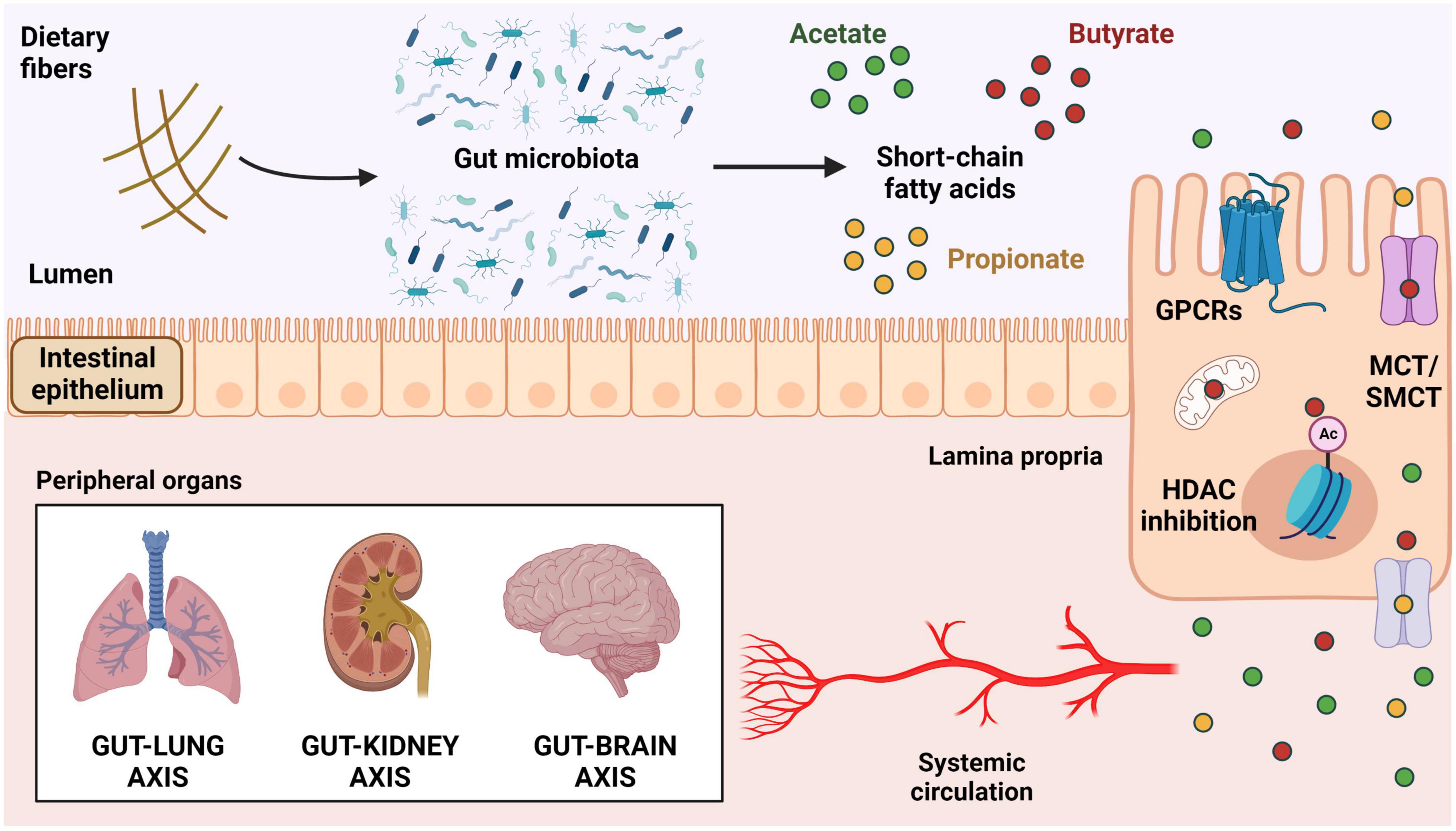
The anti-inflammatory diet plan is not complicated but does include some key guidelines. Although it is not a strict diet, it does encourage eating whole foods and limiting intake of sugar and processed carbs. Sugar can trigger chronic inflammation. It is important to avoid processed foods and meat in the anti-inflammatory diet plan. Instead, eat lean protein and vegetables.
Red meat should be avoided
When you are considering an anti-inflammatory diet, it is important to remember that this type does not require you to follow a meal plan. Instead, plan your meals and look for recipes that use the plan. This could take you more time if meal planning is not something you are used to. Lastly, this type of diet does not highlight calorie levels or portion sizes, so it could lead to weight gain.
You should eat lots of fruits and vegetables to avoid inflammation. Your diet should include spices, which contain anti-inflammatory substances. Additionally, you should avoid refined seed oils and white flour.

Sugar intake should be limited
Sugar intake should be limited in an anti-inflammatory diet. Many fruits and vegetables are rich in natural sugars, which doesn't cause inflammation. Refined sugars like brown sugar and high fructose corn syrup can cause inflammation. This is why it's important to limit the intake of sugar and other refined ingredient.
Eat foods rich in antioxidants, omega-3 fatty acid and other nutrients to help prevent inflammation. Anti-inflammatory diets don't require strict meal plans or calorie counting. You can eat out and still enjoy moderate alcohol consumption. Be sure to consult your physician before starting any diet.
Limit intake of processed carbs
You should avoid processed carbs and consume more vegetables and fruits to be healthy. It is possible to eat a few whole grains breads and legumes. Nuts, seeds, avocados and extra virgin olive oils are all healthy options. Reduce your intake of saturated oils. Monounsaturated fats, which are healthy for your body, should be limited. Saturated fats should be avoided.
The anti-inflammatory plan stresses plant-based protein sources and omega-3-fatty acids-rich fish. It also suggests limiting your intake of animal protein and avoiding red meat. The timing of your meals is also a key factor in an anti-inflammatory diet plan. A good rule is to consume between 2 and 3000 calories per day depending on your activity level and gender. This allows you to relax, replenish antioxidants, and repair damaged cells.

Restrict your intake of refined carbohydrates
A reduction in refined carbohydrates is a key step towards a healthier lifestyle. Refined carbohydrates are foods that are not naturally high in omega-3 fatty acids. These fats can be found in foods like oily fish. Eating a diet that is rich in omega-3 fatty acids will improve your health and help reduce your risk of arthritis.
An anti-inflammatory diet plan requires you to limit your intake of processed food and refined carbohydrates, and load up on foods that lower inflammation. The plan is flexible, even though it may sound restrictive. It is possible to still enjoy the foods that you love and incorporate them into your daily meal plan. You can even look at a sample menu to find a wide variety of healthy anti-inflammatory foods. Although an anti-inflammatory diet plan may seem restrictive, the goal is to eat a healthy diet that includes adequate amounts of micronutrients and fiber.
FAQ
Is being cold good for your immune system.
Being cold gives you a weaker immune system because when you are cold, your body produces less white blood cells which fight infections. Being cold can make you feel more comfortable because your brain releases endorphins which help reduce pain.
What is the best diet for me?
The best diet for you depends on several factors, like your age, gender, weight, health conditions, and lifestyle habits. Also, consider your energy expenditure, your preference for low-calorie food, and whether you enjoy eating fruits or vegetables.
Intermittent fasting may be a good choice if you want to lose weight. Intermittent fasting allows you to consume only specific meals throughout your day rather than three large meals. This might be better than traditional diets that have daily calorie counts.
Some studies have suggested that intermittent fasting might improve insulin sensitivity. It may also reduce inflammation. This can lead to a reduction in blood sugar levels, and less risk of developing type 2 diabetes. Other studies suggest that intermittent fasting could promote fat reduction and improve overall body structure.
What are the 7 best tips for a healthy and happy life?
-
Eat right
-
Exercise regularly
-
Rest well
-
Drink lots of water
-
Get adequate sleep
-
Happy!
-
Smile often.
How can I reduce my blood pressure
It is important to first understand what high blood pressure is. Next, you must determine the cause and take steps to decrease it. This could mean eating less salt, losing some weight, taking medication, and so on.
Make sure you're getting enough exercise. If you don’t have enough time to exercise regularly, consider walking more often.
A gym membership is a good idea if you don't like how much exercise your doing. A gym that has other members who share your goals will be a good place to start. It's much easier to follow a routine if someone is with you at the gym.
How does an anti-biotic work?
Antibiotics are drugs which destroy harmful bacteria. To treat bacterial infections, antibiotics are used. There are many different types of antibiotics. Some are administered topically, while others are given orally.
Antibiotics can often be prescribed for people who have been infected with certain germs. An oral antibiotic might be prescribed to someone who has been exposed to chicken pox. This will prevent the spread of shingles. An injection of penicillin may be necessary to prevent pneumonia if someone has strep.
Children should not be given antibiotics without the consent of a doctor. Children are more likely to experience side effects than adults from antibiotics.
Diarrhea, the most common side-effect of antibiotics, is probably diarrhea. Other side effects that could occur include nausea, vomiting and dizziness. These side effects are usually gone once the treatment has finished.
What are 10 healthy lifestyle habits?
-
Eat breakfast every day.
-
Don't skip meals.
-
Eat a balanced, healthy diet.
-
Get plenty of water.
-
Take care your body.
-
Get enough rest.
-
Avoid junk foods.
-
Daily exercise
-
Have fun
-
Meet new people.
What weight should I be based on my age and height. BMI calculator and chart
Calculating your body mass index (BMI), is the best method to calculate how much weight to lose. The healthy BMI range for a healthy person is 18.5 to 24.9. Aim to lose 10 pounds per month if your goal is to lose weight. To calculate your BMI, simply enter your height and weight into the BMI calculator.
To see if you're overweight or obese, check out this BMI chart.
Statistics
- This article received 11 testimonials and 86% of readers who voted found it helpful, earning it our reader-approved status. (wikihow.com)
- WHO recommends reducing saturated fats to less than 10% of total energy intake; reducing trans-fats to less than 1% of total energy intake; and replacing both saturated fats and trans-fats to unsaturated fats. (who.int)
- The Dietary Guidelines for Americans recommend keeping added sugar intake below 10% of your daily calorie intake, while the World Health Organization recommends slashing added sugars to 5% or less of your daily calories for optimal health (59Trusted (healthline.com)
- According to the 2020 Dietary Guidelines for Americans, a balanced diet high in fruits and vegetables, lean protein, low-fat dairy and whole grains is needed for optimal energy. (mayoclinichealthsystem.org)
External Links
How To
Here are 10 tips to help you live a healthy life
How to keep a healthy lifestyle
Our fast-paced world means that we aren't getting enough sleep, don't eat enough, drink too much alcohol, and smoke too many cigarettes. We don't pay enough attention to our body's health.
It can be very difficult to have a healthy diet, exercise routine, and work schedule when you do so many things simultaneously. If you feel stressed, it becomes more difficult. Your mind will tell you that this situation is too much so we end up feeling guilty and giving up.
If you feel like something is wrong with your body, then it probably is. You should see a doctor and ask him/her what he/she thinks about your current condition. If there's nothing abnormal, you might have stress from your job.
Some people believe that their job allows them to exercise regularly, or they have friends who support them in staying fit. Those people are lucky. Those people don't have any problems. They have everything under control. I wish everyone could be one of them. Many of us aren't able to find the right balance between our personal and professional lives. Bad habits can lead to heart disease, diabetes, and other diseases.
Here are some ways to improve your daily life.
-
Sleeping 7 hours a night minimum, 8 hours maximum is the ideal amount. This includes proper sleeping positions and avoiding caffeine during the last hour before going to bed. Caffeine blocks melatonin hormones, making it difficult to fall asleep. Make sure your bedroom's dark and clean. You should use blackout curtains if possible, especially if your work is late at night.
-
Eat well - Have breakfast every morning. Try to avoid sugar products, fried foods, processed food and white breads. Try to include whole grains, fruits, and vegetables for lunch. A good snack option for afternoon is to include protein-rich snacks like nuts, seeds, beans and dairy products. Avoid unhealthy snacks such as chips, chocolates, cookies and cakes.
-
Get plenty of water. Most people don't drink enough. Water helps us to burn more calories, keeps our skin looking young and supple, flushes toxins from our system and improves digestion. Six glasses of water daily can help you lose weight quicker. You can check the color in your urine to see how well you are hydrating. Yellow indicates dehydrated, orange signifies slightly dehydrated, pink signifies normal, red signifies overhydrated and clear signifies highly-hydrated.
-
Exercise – Regular physical activity is proven to improve energy levels, reduce depression, and even help you feel happier. Walking is a good way to get fit and improve your mood. Walking is easy, but it takes effort and concentration. Your brain must focus on walking and breathe slowly and deeply. A brisk walk for 30 minutes can burn between 100 and 150 calories. Slowly increase the pace. Stretch after exercising to avoid injuries.
-
Be positive - Positive thinking is essential for mental health. Positive thinking creates a positive environment within ourselves. Negative thoughts can drain energy and cause anxiety. You can stay motivated by thinking about what you want to accomplish. You don't have to take on all of the new tasks at once. Break them down into small steps. Remember that you are bound to fail sometimes but just pick yourself up and start again.
-
You must learn to say No - Too often we get so busy we forget how much time is wasted on things that are not important. It is important that you learn to say no when necessary. However, saying no does not necessarily mean you are rude. It is just saying no. There are always other options to finish the job later. You should set limits. Ask for help. Delegate the work to someone else.
-
Take care of you body. You can boost your metabolism by eating healthier foods. You should avoid eating too many oily and heavy foods, as they can increase your cholesterol. Three meals and two snacks are a good rule of thumb. You should consume around 2000 - 2500 calories per day.
-
Meditation is a great stress relief and can help reduce anxiety. You can relax your mind by simply sitting still and closing your eyes. This exercise will allow for clarity of thought and be extremely helpful in making decisions. Meditation regularly can make you happier and calmer.
-
Don't skip breakfast - Breakfast is the most important meal of the day. Skipping breakfast could lead to eating more lunch. As long as you have breakfast within one hour of waking up, it is not too late. A healthy breakfast can boost your energy levels and help you control your hunger.
-
Eat clean food - Food affects our moods more than we know. Avoid junk food and any food products that contain artificial ingredients or preservatives. These products make your body acidic and will cause you to feel hungry. Fruits and vegetables are rich in vitamins and minerals that improve overall health.
-
***